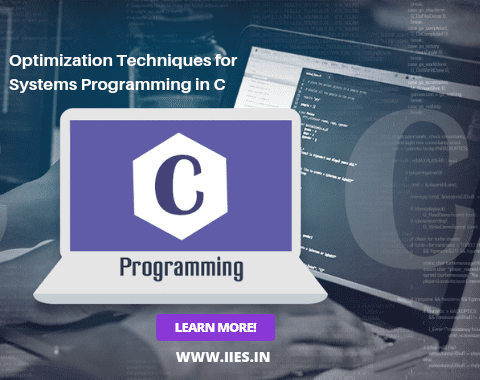Systems programming in C requires efficient and high-performance code to build robust and scalable software.
In this blog, we will explore various optimization techniques that can be applied to systems programming in C. By employing these techniques, developers can enhance the performance, speed, and efficiency of their codebase.
We will delve into profile-guided optimization, loop optimization techniques, memory optimization strategies, compiler optimizations, and the use of optimization tools and profilers.
Let’s begin!

